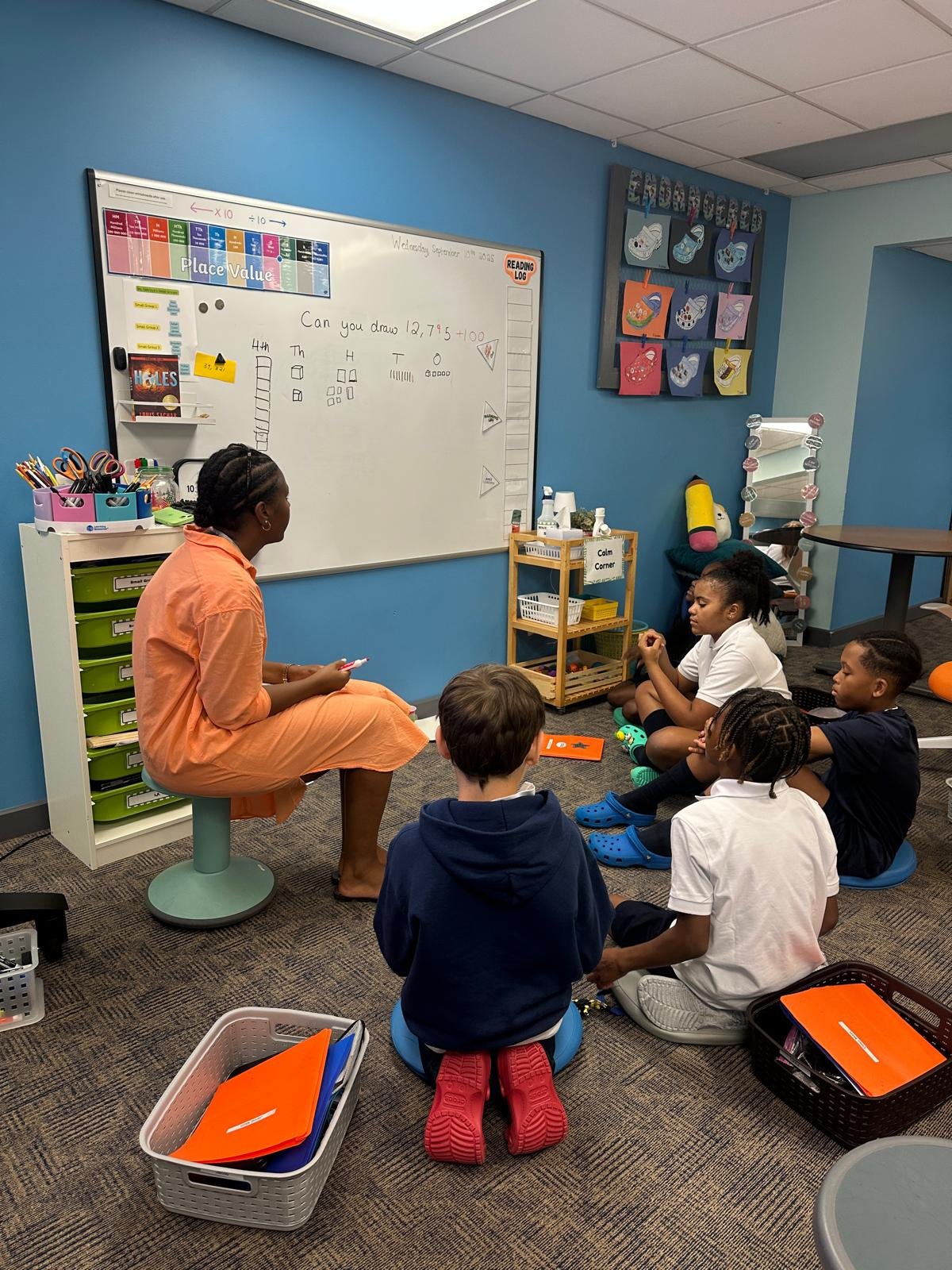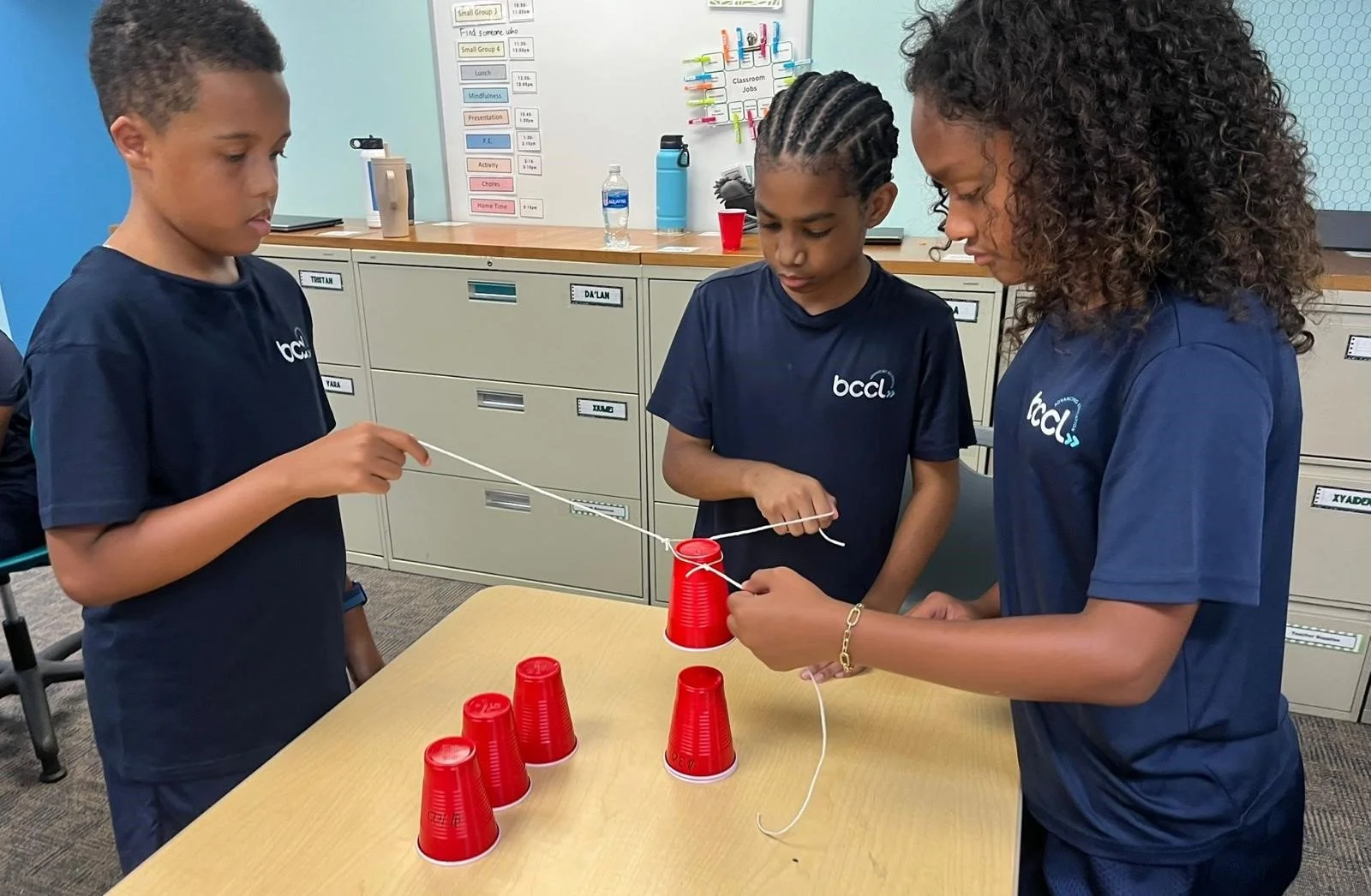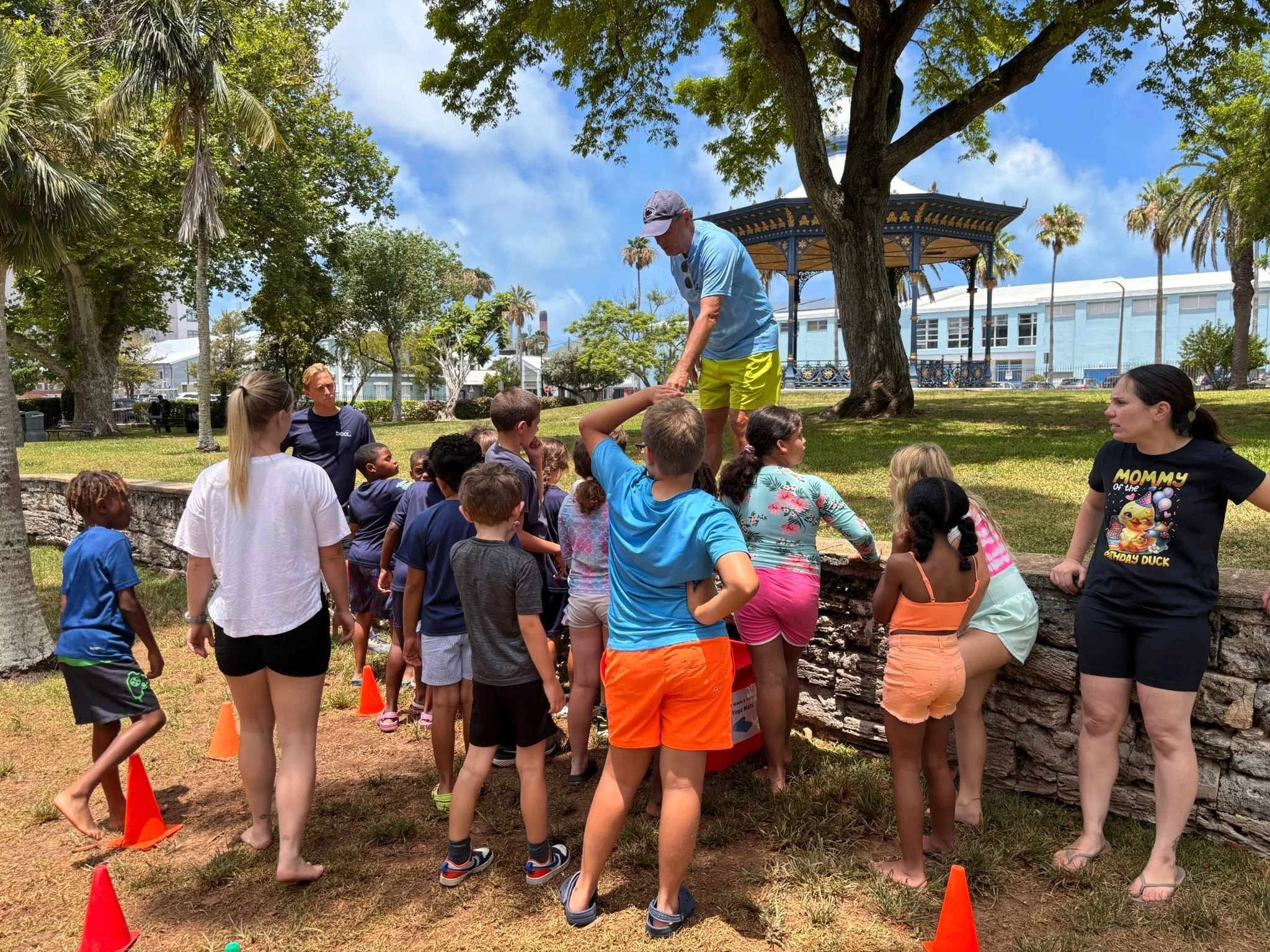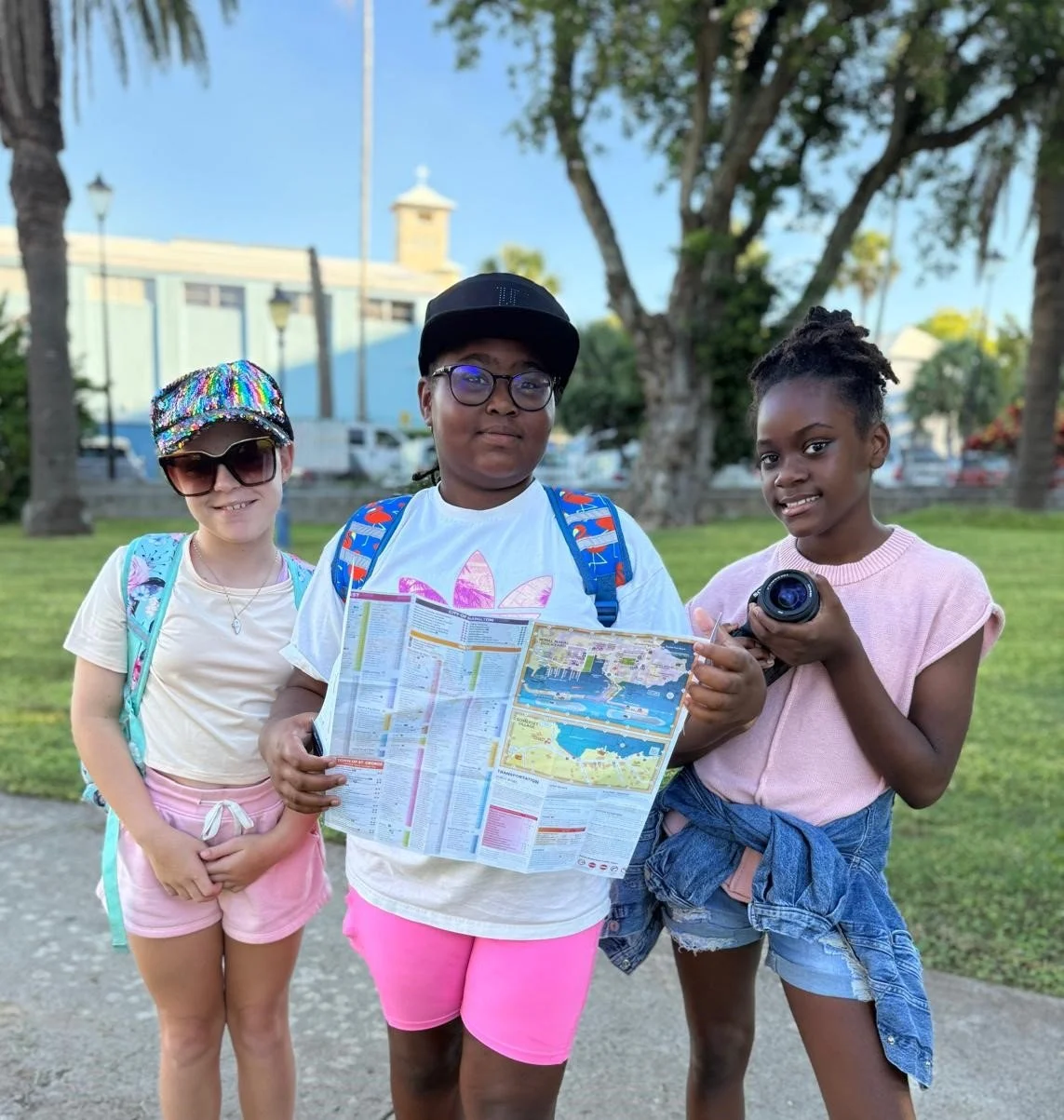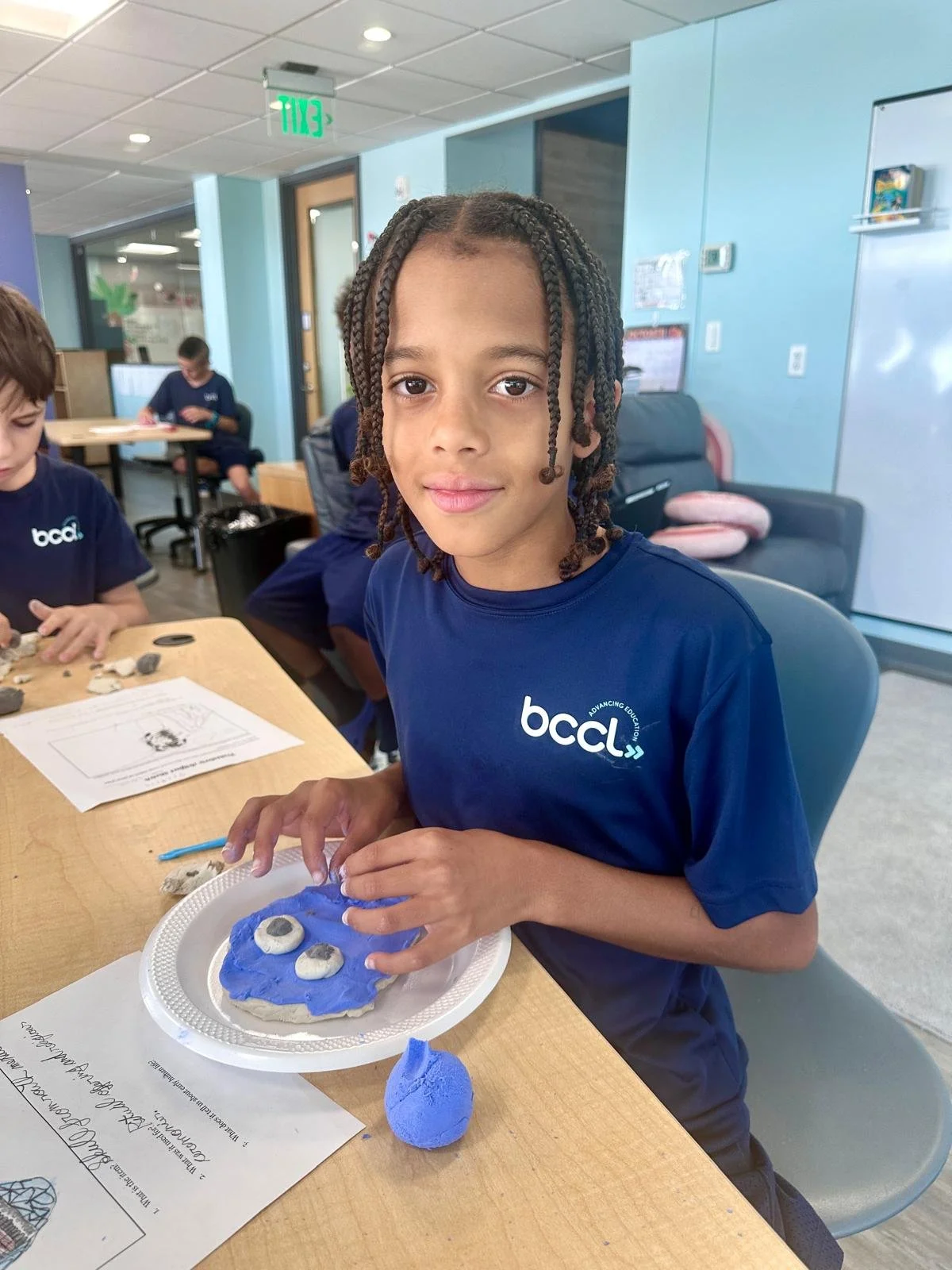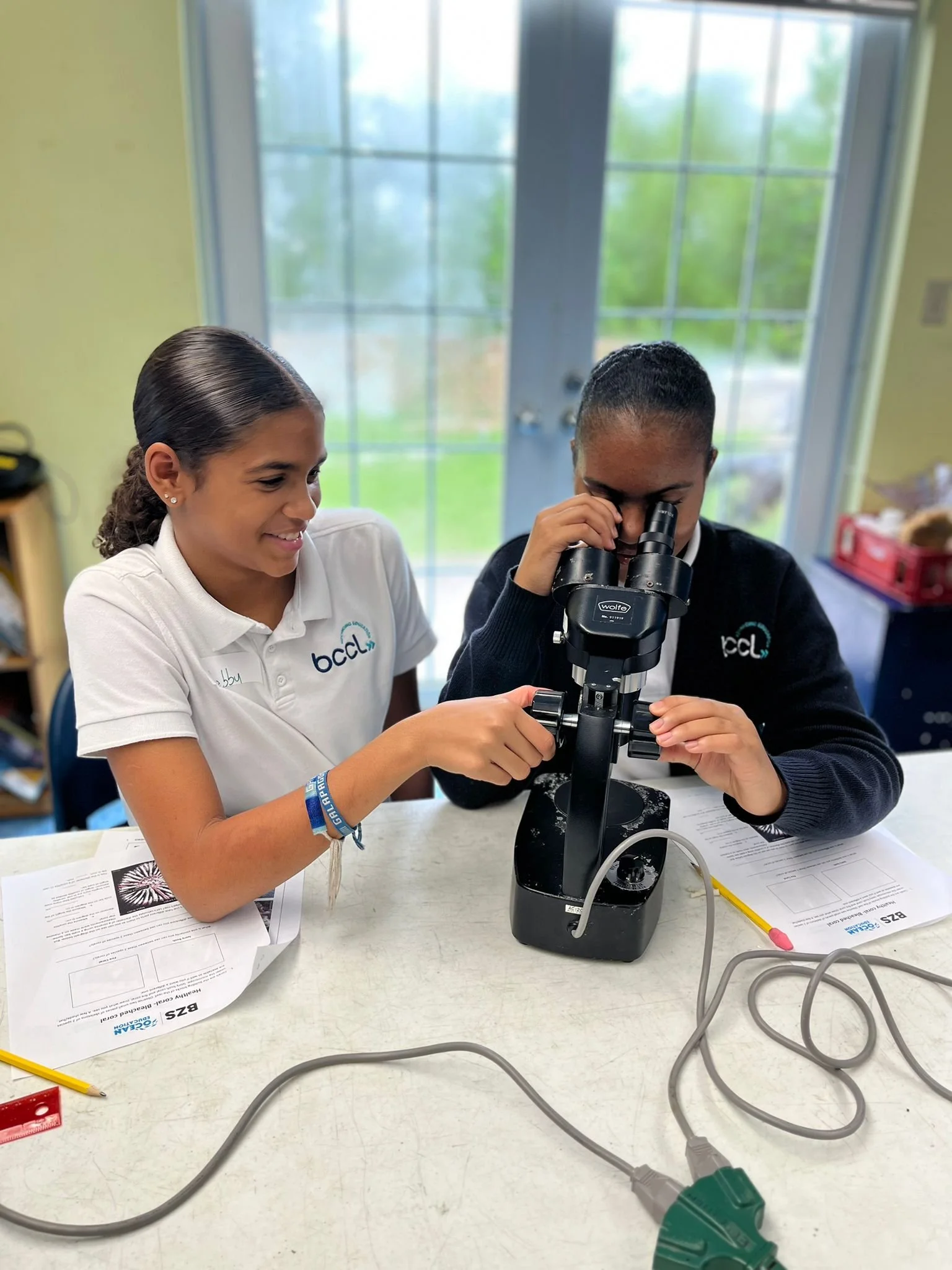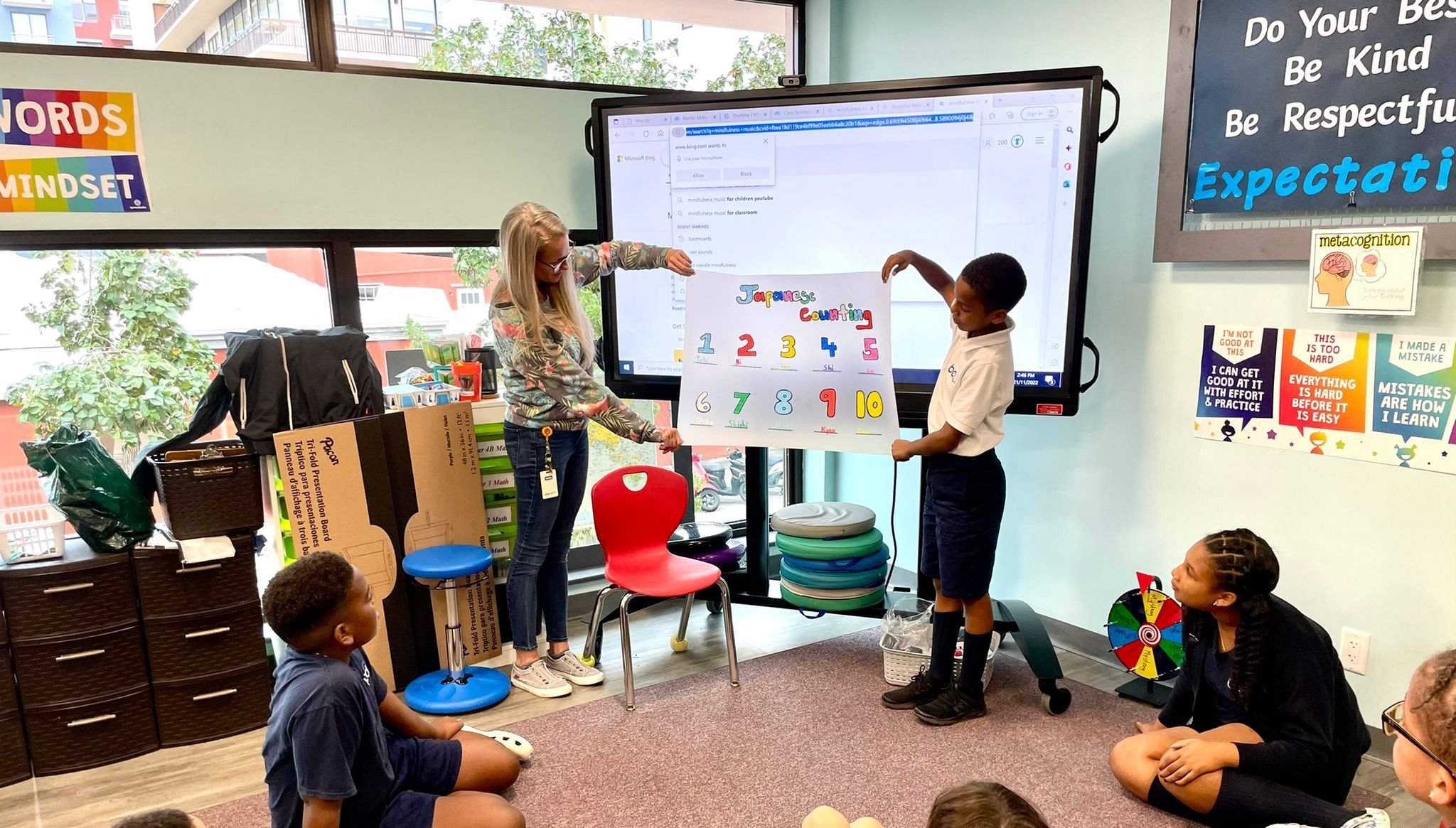
ACADEMIC EXCELLENCE
Empowering Students Through Personalized Education
OUR APPROACH
Evidence-Based, Best Teaching Practices
We continually research and apply evidence-based, best teaching practices that directly impact student outcomes. Reading, writing and math are taught in small ability groups that focus on a student’s individual skill level. Teachers continually track concepts that students have mastered, allowing them to move year levels throughout the school year.
The U.K. National Curriculum is implemented, along with the International Primary (IPC) and the International Middle Years (IMYC) Curriculums. The IPC and IMYC integrate core subject concepts through project-based learning. BCCL teachers are trained in the Orton-Gillingham Approach, a prescriptive way to teach literacy. The Read Naturally Live™ reading intervention program is provided to all students (when they are ready) to increase reading fluency and comprehension. DoodleMaths, DoodleTables and DoodleEnglish are implemented in the school day, and students can also access these apps at home.
We have taken a two-pronged approach to supporting our students in math: there is a math support teacher to scaffold all students’ learning and a targeted ICAN Math Program, administered through The Reading Clinic, for those who have a formal diagnosis of dyscalculia.
Teaching Reading: Doing What Works
Reading is not a natural process, but one that must be taught explicitly and systematically. Structured literacy helps all children learn to read, and is crucial for children with dyslexia, who often have trouble with the basic skills of reading. Structured literacy builds a solid foundation so that children can develop more advanced reading skills, which includes three distinct types of teaching (as seen here in the colored blocks).
BCCL teachers are trained to facilitate the Orton-Gillingham (OG) approach, which is a direct, explicit, multisensory, structured, sequential, diagnostic and prescriptive way to teach literacy when reading, writing and spelling do not come easily to individuals, such as those with dyslexia. Our students benefit from receiving the OG Approach in daily small group interventions. In addition to receiving OG, students engage in Reading Naturally LIVE, daily, which is another reading intervention program. Some students have additional support from The Reading Clinic’s tutors in a one-on-one session during the school day. Having this support has helped to close students’ reading level gaps.
01. Systematic
Reading skills are taught in a logical order. Children must master the basics before moving on to more complex skills.
02. Explicit
Teaching is clear and direct. There is no guesswork.
03. Diagnostic
Teachers constantly assess students to make sure that they’re mastering concepts before moving on. Instruction is individualized.
BUILDING RELATIONSHIPS
Social-Emotional Learning (SEL)
Social-Emotional Learning (SEL) supports children’s academic success and well-being. It promotes curiosity, relationship-building, conflict resolution and the ability to consider other perspectives. We believe that SEL begins at birth, helping children develop and manage their emotions. SEL skills are often thought of as “soft skills” that only need to be taught in the early years; however, research supports the significant role of SEL at all grade levels. Having these skills can lower levels of emotional distress and disruptive behavior, while promoting the healthy development and academic achievement of all students and significantly raising test scores.
Students spend the majority of the school day in classrooms, and these spaces are at the heart of the learning process. SEL is most effective at the classroom level when supported by evidence-based programs that ensure supportive learning environments and consistent, high-quality opportunities for SEL integration. When SEL is integrated throughout all classrooms with a comprehensive, school-wide approach, students can learn and practice SEL through explicit instruction, trusting relationships and frequent opportunities to express their voices and perspectives.
Every student wants to make connections with others, and have friends and teachers that care about them. They want to feel safe and supported. SEL does not happen by chance—there needs to be a plan in place to ensure that it is ingrained in the school curriculum. BCCL’s Social-Emotional and Academic Learning Action Plan, developed based on research and best practices as outlined by CASEL (The Collaborative for Academic, Social and Emotional Learning) ensures all students develop the tools for self-awareness, self-management, social awareness, relationship skills and responsible decision-making.

“One child, one teacher, one book, one pen can change the world.”
Malala Yousafzai
UNDERSTANDING THE 1 IN 5
Learning & Attention Differences
Learning and attention issues are more common than many people think. One in five children in the U.S. has learning and attention issues, but only a small subset of these children are formally recognized and receive specialized instruction or accommodations. [1]
To compare these statistics with Bermuda, in 2024, about 8,424 students were enrolled in preschool through secondary.[2] If 20% of that number had learning disabilities, that would equal roughly 1,685 children with learning and attention deficits island-wide. BCCL and local specialists believe that actual numbers may be higher in Bermuda.
Children with learning and attention issues are as smart as their peers and can achieve at high levels, but too often they are misunderstood as lazy or unintelligent. Without the right academic or emotional support, they are much more likely than their peers to repeat a grade, get suspended and drop out. Individuals with learning and attention issues also struggle in the workplace and have high rates of involvement with the criminal justice system. But with the correct support and interventions, this downward spiral can be prevented. BCCL believes that with supportive teaching strategies and increased awareness in parents, educators and communities, students with learning differences can thrive academically, socially and emotionally.
[1] Source: Horowitz, S. H., Rawe J., & Whittaker, M.C. (2017) The State of Learning Disabilities: Understanding the 1 in 5. New York: National Center for Learning Disabilities.
[2] Source: Bermuda Digest of Statistics 2024.

“Children see magic because they look for it.”
Christopher Moore
BEYOND ACADEMICS
Our Holistic Approach
Students who struggle in school are at risk for anxiety and depression. Skills such as self-awareness, self-management, social awareness, relationship skills and responsible decision-making are embedded in students’ personalized learning goals, which our teachers track, along with academic targets.
Our teachers also incorporate a variety of mindfulness techniques to help students self-regulate when they are feeling stressed. Throughout the school day, students are provided brief brain breaks between lessons, which allow them to reset, focus and retain concepts. Yoga is taught once per week, and physical education is provided daily at Victoria Park, Bernard’s Park and the W.E.R. Joell Tennis Stadium. We have been welcoming comfort pups into the school, which has had a calming effect in the environment, helping students with their social and emotional development. The use of these holistic approaches has made a tremendous difference in students’ behaviors, leading to a positive school experience.
COMMUNITY-BASED LEARNING
Building Skills in Real-World Settings
We encourage our students to be: Resilient, Curious, Motivated, Creative, Collaborative, Kind, Community-Minded, Self-Advocating
At BCCL, we believe that learning extends beyond the traditional classroom. By partnering with community educational organizations, we have developed an off-site experiential learning program to supplement the in-class curriculum. Partnering with these organizations on a weekly basis allows for in-depth learning, rather than the typical one-off field trips. Students travel by bus or private vans to six different sites for hands-on learning, which scaffolds the in-class curriculum they were learning and supports our students’ various learning styles. We continually work to expand our partnerships with like-minded organizations. If you are an organization that would like to explore a collaboration, please contact us.
Our Community Partners
-

The AgraLiving Institute
-

Bermuda National Trust
-

Bermuda Zoological Society
-

Bermuda Underwater Exploration Institution
-

Jump 2B Fit
Join Our Community
Find out what makes BCCL special. Contact us to discuss your child's future, tour our facilities, or start the admissions process.



